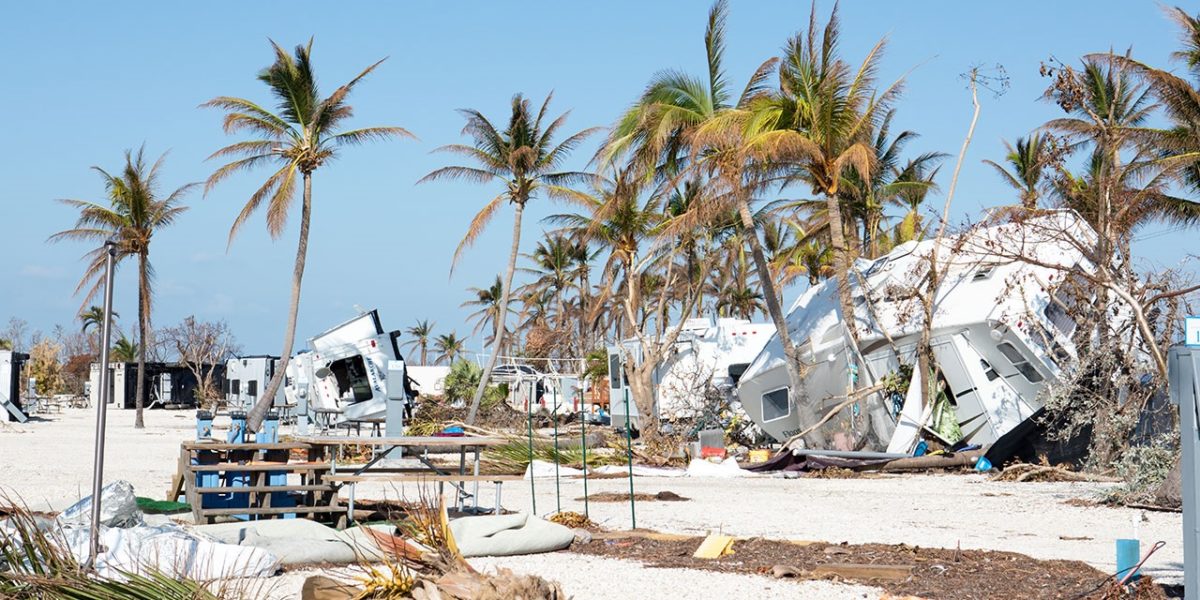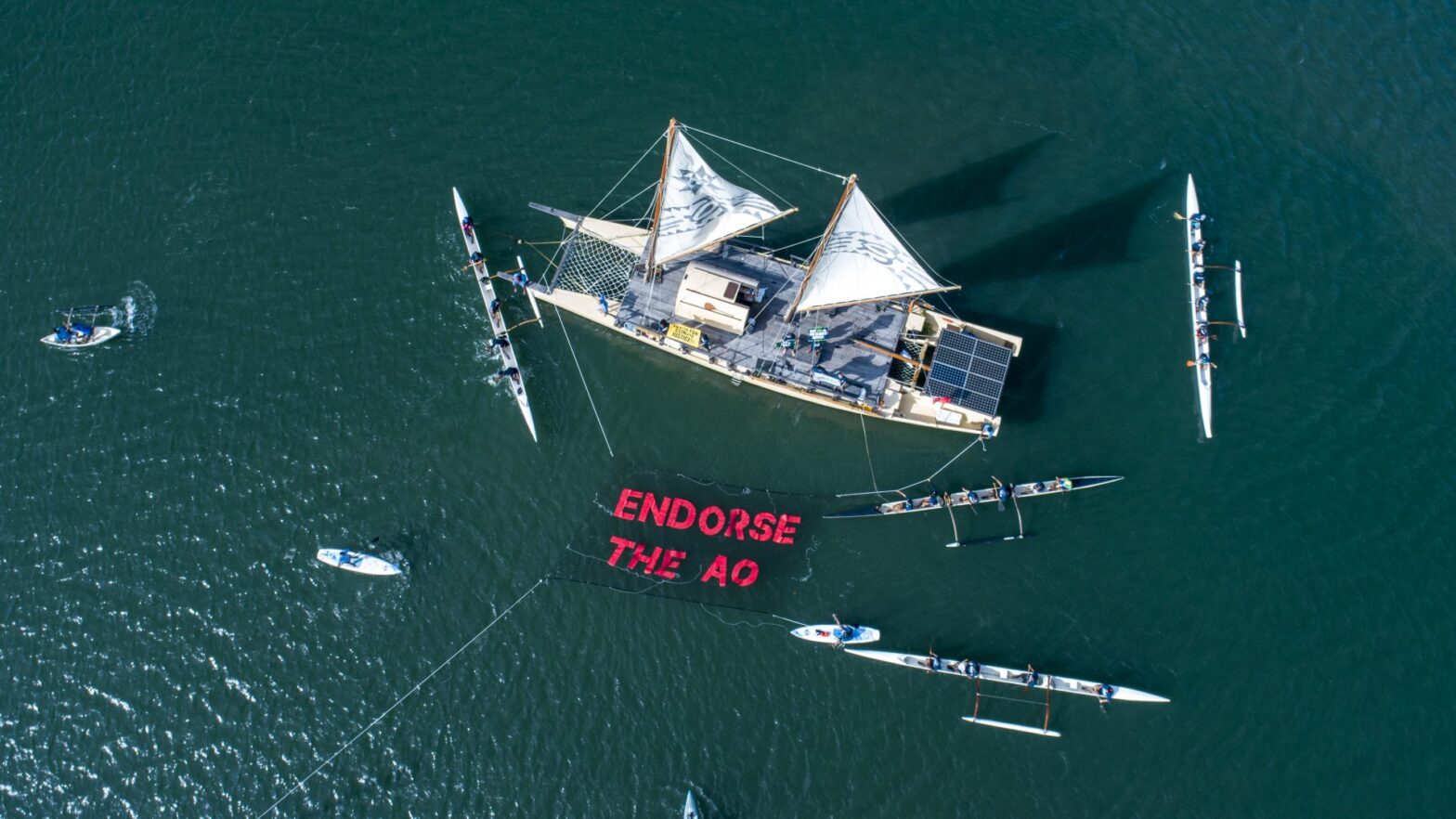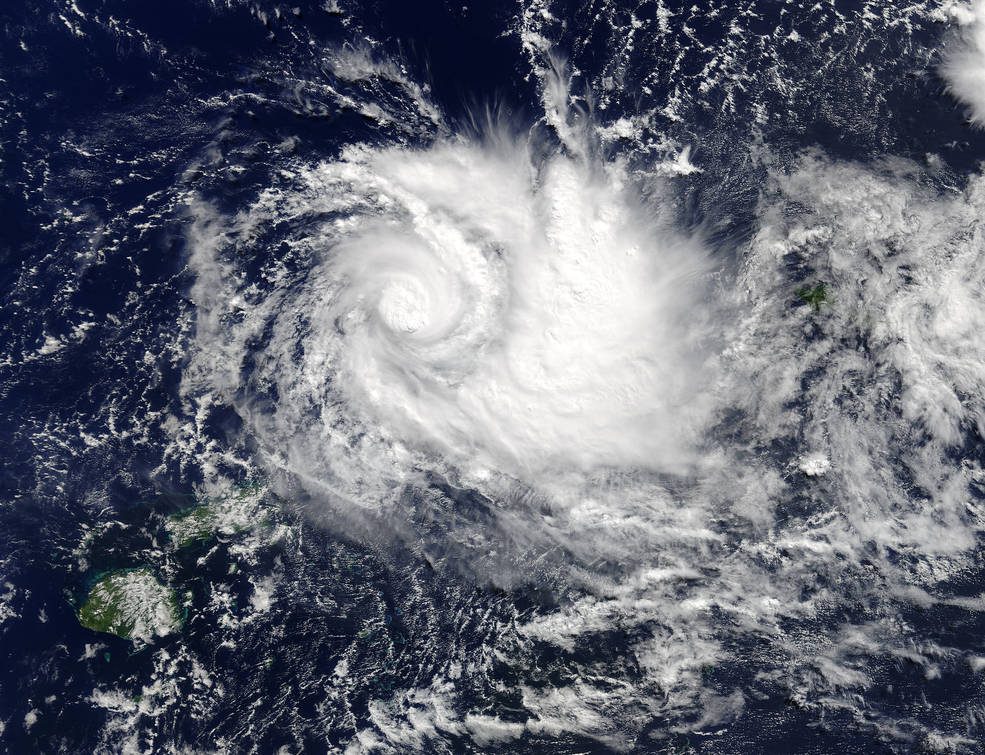A professor of Pacific studies says the term “climate crisis” is now being used to adequately describe the dramatic changes taking place in the Pacific and globally as we are in the midst of it.
A professor of Pacific studies says the increase in the frequency of natural disasters and land erosions, and rising ocean temperatures means new terminology is now needed to reflect how drastic the environmental situation has become.
Steven Ratuva, who is the co-leader for a New Zealand-government supported research project called Protect Pacific, said the term ‘climate change’ doesn’t fully address the impacts seen throughout the Pacific and elsewhere globally.
Ratuva said it was time to shift away from saying climate change.
“The word climate change has been around for some time, people have been using it over and over again,” he said.
“Of course climate changes, it’s naturally induced seen through weather, but the situation now shows it’s not just changing, but we’re reaching a level of a crisis – the increasing number of category five cyclones, the droughts, the erosion, heating of the ocean, the coral reefs dying in the Pacific, and the impact on people’s lives.
“All these things are happening at a very fast pace.
“So the word climate change does not address the dramatic changes taking place so we need another new way of framing it so the term climate crisis is being used now because we are right in the middle of it.”
The research project will be mainly led by Pacific, for Pacific and Ratuva said it’s an opportunity for Pacific to finally participate in a study that takes into account their lived experiences.
However, he added that the Pacific’s heavy dependence on aid has meant the region has had to look elsewhere for climate expertise rather than relying on their own indigenous knowledge.
Ratuva said aid hasn’t allowed the Pacific to express their independence fully.
“The pattern of economic development, the pattern of governance, the pattern of doing things, has always been reliant on aid donors, they define what has to be done with the money.
“Often the Pacific climate policies are driven by the international narratives from the United Nations, from the various aid donors so it’s important that the evidence should be generated within the Pacific using our own expertise,” he said.
This story is by Susana Suisuiki, originally published at RNZ Pacific on 06 May 2022, reposted via PACNEWS.




